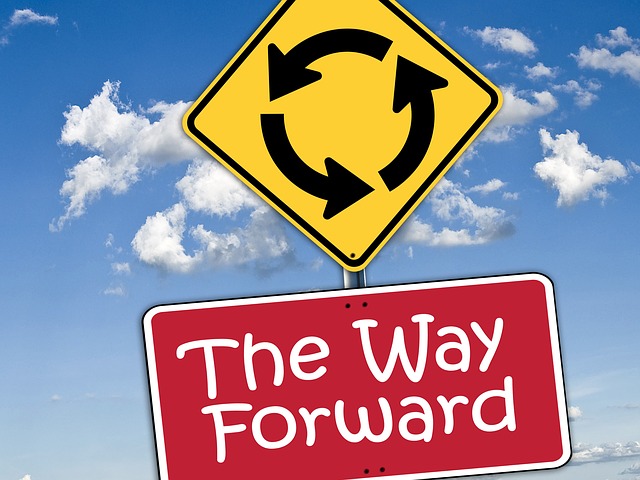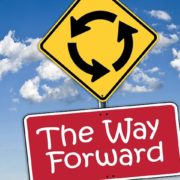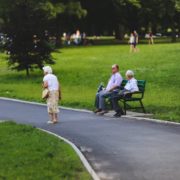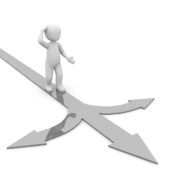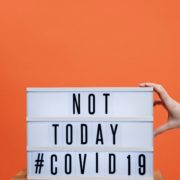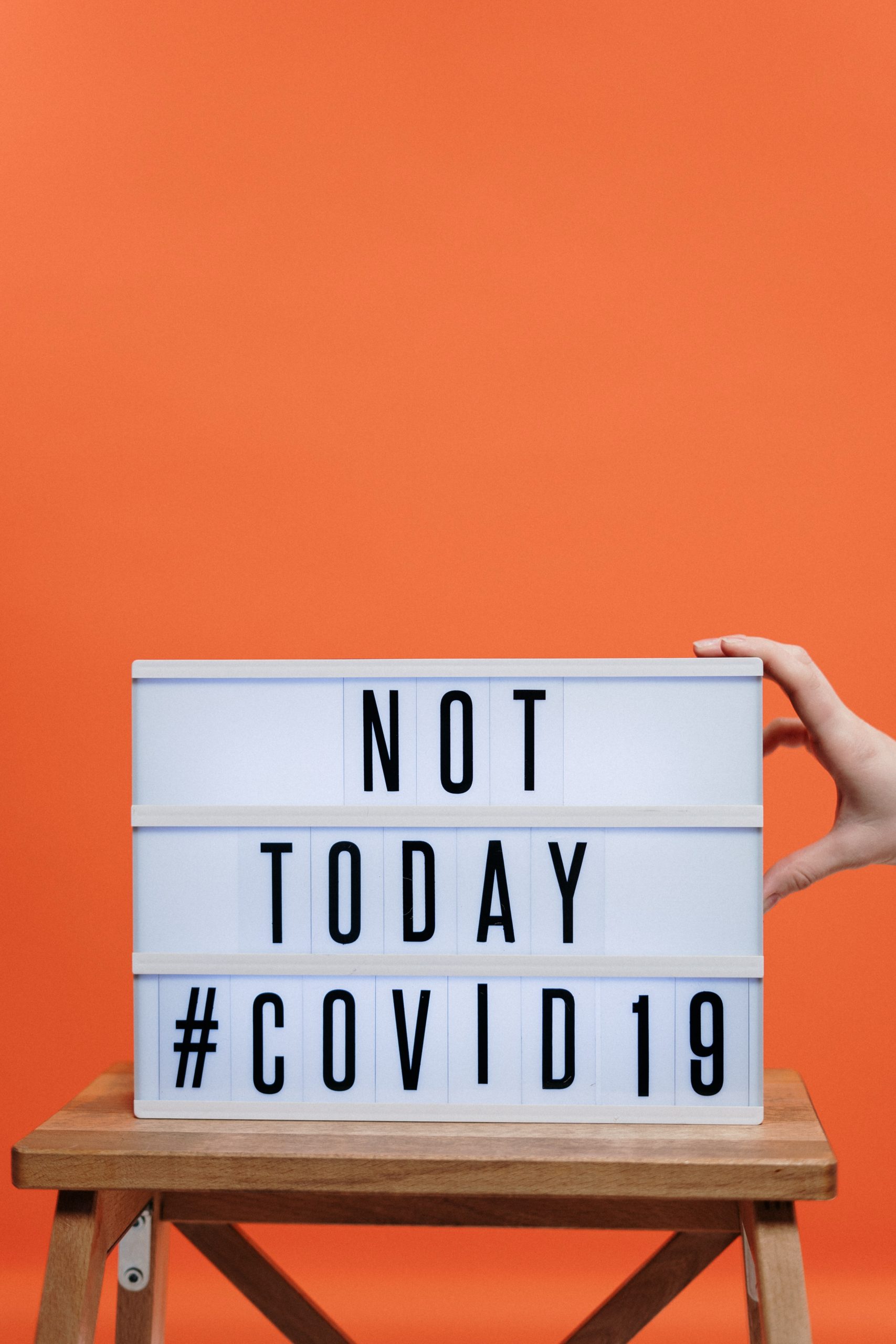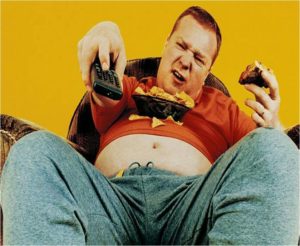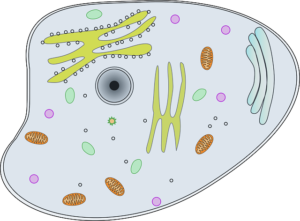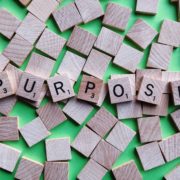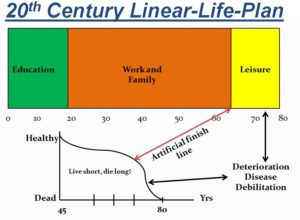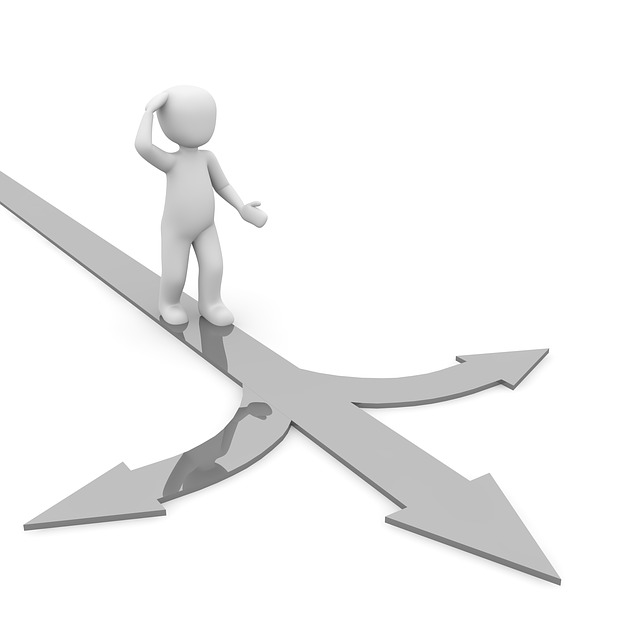
As a 78-year-old I’ve been there and done the 60-year-old thing.
The experiences and decisions of my late 50s and early 60s played a big role in developing the roadmap I’m navigating for the rest of my life. I’m dedicated to sharing this experience in hopes that what I’ve learned will help others at this juncture to develop a roadmap for their own “third age” or “post-mid-life-transition” phase of life.
The late 50s, early 60s present us with opportunities to make some of the most critical and significant decisions we will make in our lives.
I’d like to share just three thoughts that may help pave a healthy and purposeful path for this “third age”.
1. Reject the conventional, decades-old cultural expectations for what lies ahead.
By that, I mean rejecting the view that this next phase is a time to “wind down and come in for a landing”. At 60, we are carrying forward decades of “retirement indoctrination” e.g. time to slow down, kick back, indulge ourselves.
With COVID, many more of us will join the growing number who are unprepared financially for traditional full-stop retirement – perhaps as high as 60% of us, according to some recent reports. With that may come the joint fear of running out of money and the subtle condemnation that our culture lays on us if we don’t retire on or before that sacred number 65.
Yes, there remains a significant number who are “financially prepared” and still anticipate a full-stop retirement convinced they have earned and are entitled to the self-indulgence it allows. Although declining, it’s still an attitude that persists with the help of a powerful but relatively unchanged financial-services industry. It’s a model with 85-year-old legs, conceived for political reasons in 1935 that established an artificial finish line of 65 when the average American didn’t make it past 62.
Facing 3–5 years of retirement, it made sense for your parents or grandparents to head to the beach, golf course, or Leisure World. Today, with us living 20–40 years longer, the model doesn’t fit. Thirty years of golf or bingo, bridge and boche ball, and the bulging waistline that accompanies it doesn’t make sense.
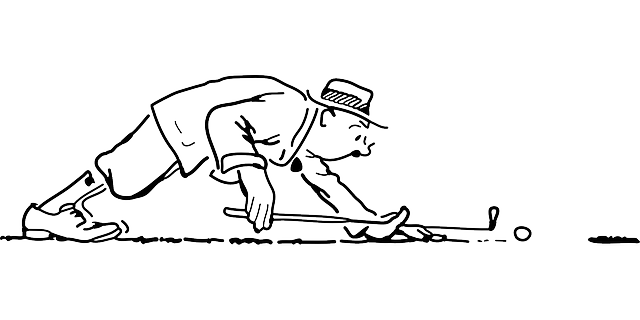
Whether you are financially prepared on not, my suggestion for this life juncture is to consider redefining retirement. Consider that you may be going forward with a mindset that is out of step with the world around you – not to mention your biology – if traditional retirement is the model you are pursuing for the balance of your life.
If you agree, or this interests you, here are three solid resources that you will find helpful:
There is considerable duplication across all three books but each also contains unique and powerful suggestions and preparatory activities. Read all three, and you have the equivalent of a master’s degree in “non-financial retirement planning.”
FULL DISCLOSURE: Should you buy any of these by clicking on the live link, it will be at the regular price but I will earn an Amazon Affiliate commission – about enough to buy a quarter cup of Starbuck’s awful coffee.
2. Take some time to reflect, reassess, and resurrect.
Have you had questions like these bouncing around in your head? “Why am I here?” “Is this all there is?” “Is it too late to leave a footprint?”
Or the one that really stung me years ago: “Is it true that the number of people attending my funeral will largely depend on the weather?”
If so, you are at a healthy spot. This is the perfect time to respond to those healthy questions and carve out some time – alone or with a supportive partner – to reflect on what your life has amounted to. But, with an eye on the positive.
Then start asking yourself even tougher questions.
I’ll reuse the important quote I used in my 6/15/20 blog from author Laurence C. Boldt:
“All imaginative journeys are prompted by questions. The mind runs on questions. Questions form a kind of skeletal structure upon which your life is built. New questions, deeply asked, will shape a new life.”
Questions like:
- Is there a story to my life?
- Do I have a basic philosophy of life that is my own?
- Do I have a purpose for the rest of my life?
- What is my part in this grand play of life?
- How can I make a difference?
- What do I want to do? What must I do?
- What can I realistically achieve in the span of my life?
We don’t reach 60 without doing a lot of things right. We got there consciously or unconsciously using some skills that were wired into us at conception.
There is also a chance that some of those skills or talents were “barnacled over” as you dedicated yourself to “provision” rather than “aspiration” and helped build someone else’s dream with your career.
It’s a good time, if you haven’t, to consider doing some basic personality or strengths assessments (DISC, Strengthsfinders, Enneagram, etc.) to uncover or remind you of how you are wired up. Chances are fairly high that you have been operating outside of your core talents and strengths. We all do it in the interests of providing and meeting cultural expectations defined for us by the “big Ps” in our lives – parents, peers, and professors.
I finally had to acknowledge all this in my mid-sixties after leaving corporate life at 60, starting my own recruiting business and realizing that my corporate sales and marketing experience – although successful by monetary and title standards – was not ideal for how I was equipped.
I ignored the results of multiple assessments that consistently suggested that I was at my best in a learning and teaching mode. My career in sales and marketing wasn’t ideally aligned with that. Yet I forged on, yielding to cultural expectations and rejecting the input of the assessments.
For instance, I took the Strengthsfinder assessment THREE times, refusing to accept the results, which, BTW, were always consistent. I just knew that the Gallup organization would have come to their senses by the time I took it the third time.
My venture into the recruiting business gradually moved me in the direction of these core talents and strengths to where now I feel that I am achieving the intersection of what I’m best equipped to do, what I’m good at, and a need that exists in the marketplace.
The Japanese have a term “ikigai” – a reason for being. Or a reason to get up in the morning. I’m getting closer to “ikigai” day-by-day. But I had to shed some deep-seated cultural influences.
Based on experience and feedback from others, I’ve learned that the process of reflecting, assessing, acknowledging, and resurrecting latent talents and strengths can effectively put one on a path that will turn this extended period of life into the most productive, fulfilling and purposeful time of your life.
3. Get serious about, and take control, of your health.
Quick reality check: have you done your body and brain a lot of favors up to this point? I didn’t think so.
I hadn’t, despite being a gym rat for 25 by the time I hit 60. The statistics on length of life and the level of extended morbidity and early frailty amongst our general population in this third age bears out the fact that we generally do a pretty crappy job of taking care of ourselves – especially through those grinding years of accumulating stuff, titles, image. You know what I mean – that period where we let a culture that isn’t friendly to good health dictate our lifestyles.
We can make all the grand plans we want for this new period of extended longevity. It will be meaningless if we don’t feel good.
Dr. Mario Martinez, in his book “The Mindbody Self: How Longevity is Culturally Learned and the Causes of Health Are Inherited” makes an important point when he says:
“We inherit millennia of wisdom on how to achieve optimal health. Rather than mechanical products of our genes, we are the coauthors of their expression. With few exceptions, illnesses are only genetic propensities, not inevitable disruptions waiting their time to unfold.”
In other words, we start life with a birthright of good health. Our bodies are a collection of 35 trillion cells, or thereabouts, that have somehow been kludged together into this amazing 24×7 immune system that works its butt off to keep us healthy. That’s our inheritance.
Through our culturally-influenced lifestyles, we choose to screw that up.
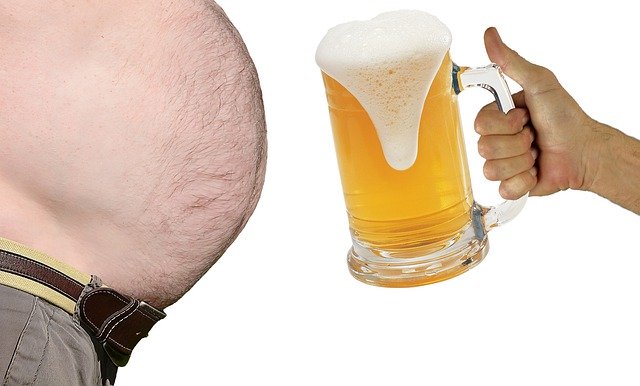
Excuse the brashness, but collectively we are very health care illiterate. We don’t know how our bodies work and what they need to carry us through life optimally.
We succumb to a lifetime of seeking comfort. convenience, and conformity. We view good health as the absence of sickness and have turned healthcare into a $35 copay experience with our doc when things skid off the tracks, within a healthcare system that only dispenses medical advice, not health advice.
Rather than adopting a lifestyle of “proactive prevention” we turn to a system designed to provide “reactive cure.”
Over 60% of early death in our culture is due to an inappropriate diet. Early death due to poor diet just passed smoking as the #1 cause of premature death!!

Yet, doctors receive no training in nutrition. So we are functioning within a healthcare system that doesn’t care much about what we eat. Or doesn’t seem to because you won’t get nutrition counseling in our “drug it or cut-it-out” system.
Couple that with a profit-driven food industry that doesn’t give a rip about our health, we are fighting countervailing forces to maintain optimal health.
That’s why, regardless of age – and especially at 60 and beyond – it’s important to become the CEO of your health, become literate about how your body works at the cellular level, take charge, and change to habits that will support you with good health going forward.
It’s never too late to start. It’s always too early to quit.
The five top killers in our culture – heart disease, cancer, stroke, diabetes, dementia – have not changed in decades. These are all lifestyle diseases and all are preventable.
We have a “whole-life potential” benchmark already establish for us. We know that the body is capable of lasting 122 years and 164 days because Jeanne Calment of Paris lived that long – the longest living human on record.
Yet, on average, we fall seriously short of that benchmark, achieving only 66% of it on average.
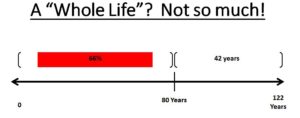
The gap is lifestyle.
I was heavily influenced, in my 60s, by two books that helped me deepen my commitment to protecting my health, although I have been a strong health advocate and avid exerciser for over four decades. You may find them enlightening as well.
“Dare to Be 100” by Dr. Walter Bortz, semi-retired Stanford geriatric physician helped me understand why “there is no biological reason that I shouldn’t live to 100 or beyond” and what I can do to enhance my chances of getting there.
The other was “Younger Next Year: Live Strong, Fit and Sexy – Until You’re 80 and Beyond.” This perennial best-seller helped me understand how my body works at the cellular level and what those cells need to support me with good health.
Let me quote the late Dr. Henry Lodge, co-author:
“The simple fact is that we know perfectly well what to do. Some 70 percent of premature death and aging are lifestyle-related. Heart attacks, strokes, the common cancers, diabetes, most falls, fractures, and serious injuries, and many more illnesses are primarily caused by the way we live. If we had the will to do it, we could eliminate more than half of all disease in men and women over fifty. Not delay it, eliminate it.”
I’ll leave you with this guideline, also from Dr. Lodge. It’s called “Harry’s Rules” and it is a simple, hard-hitting set of rules that will enable good health and successful aging.
Harry’s Rules
Exercise six days a week for the rest of your life.
Do serious aerobic exercise four days a week for the rest of your life.
Do serious strength training, with weights, two days a week for the rest of your life.
Spend less than you make.
Quit eating crap!
Care.
Connect and commit.
Good luck on your journey. You are about to step into the most exciting, most exhilarating, most impactful, and fulfilling time of life.
If you so choose.
Agree or disagree? We’d love to know. Scroll down and leave a comment or email me at gary@makeagingwork.com. If you aren’t on our weekly email list, you can join at www.makeagingwork.com. It’s free – we publish a new article every Monday.
